Issuing from an origninal synthesis including and particularizing certain aspects of the Buddhist doctrines, Tibetan medicine has spread in similar cultural contexts, as is the case in Ladakh, nirth-western Indian Himalayas. This medicine is independent of religion but borrows from it elements to serve its medical and social, collective and individual interests. The medicine is never an isolatable speculation, it is the medicine of a socio-historical, political and cultural context. The Ladakhiness of Tibetan medicine is thus to be obserced on many levels, and particulary in the expression of the religion by its practitioners.
What place, then, does religion today assume in the lives of the Ladakhi practitioners of Tibetan medicine (amchi)? And, how does medicine, as a social institution, negotiate its relationship to religion? The author addresses these questions by singling out two cantages of observation: institutionalization and the voluntary sector, after having defined the ideal religious frame putatively surrounding medicine according to the amchi’s representations. The argument is based on the link between the desire for scientificity that characterizes Tibetan medicine institutions and the political use of religion by healers’ associations as an assertion of identity in a region marked by inter-religious tensions. Focusing on the group formed by the urban amchi elite, this approach enable of an understanding of the social convergence of elements commonly considered to be disparate. That is, science, in its role as medicial lefitimation, is a central component in the political rendition of medicine and, in this context, does not really appear as antinomic to religion, on which the collective political identity fundamentally depends. This discreet coalescence sheds light on central aspects of the contemporary construcation of Tibetan medicine in Ladakh.

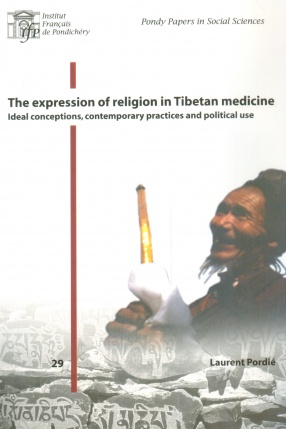
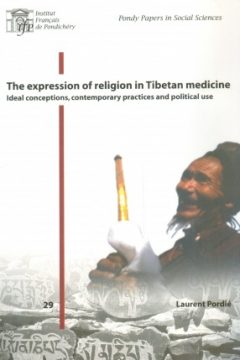
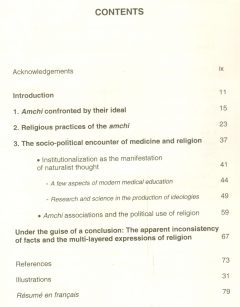
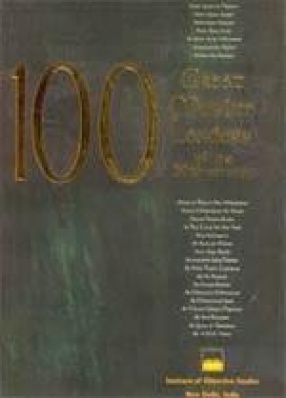
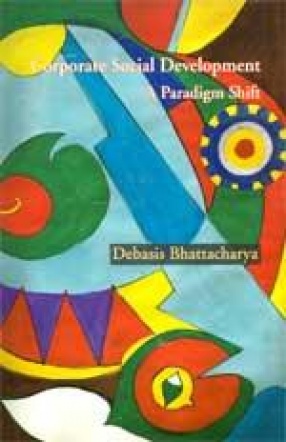
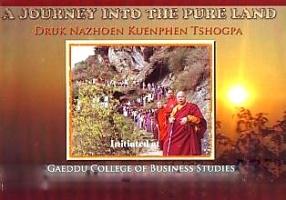
There are no reviews yet.